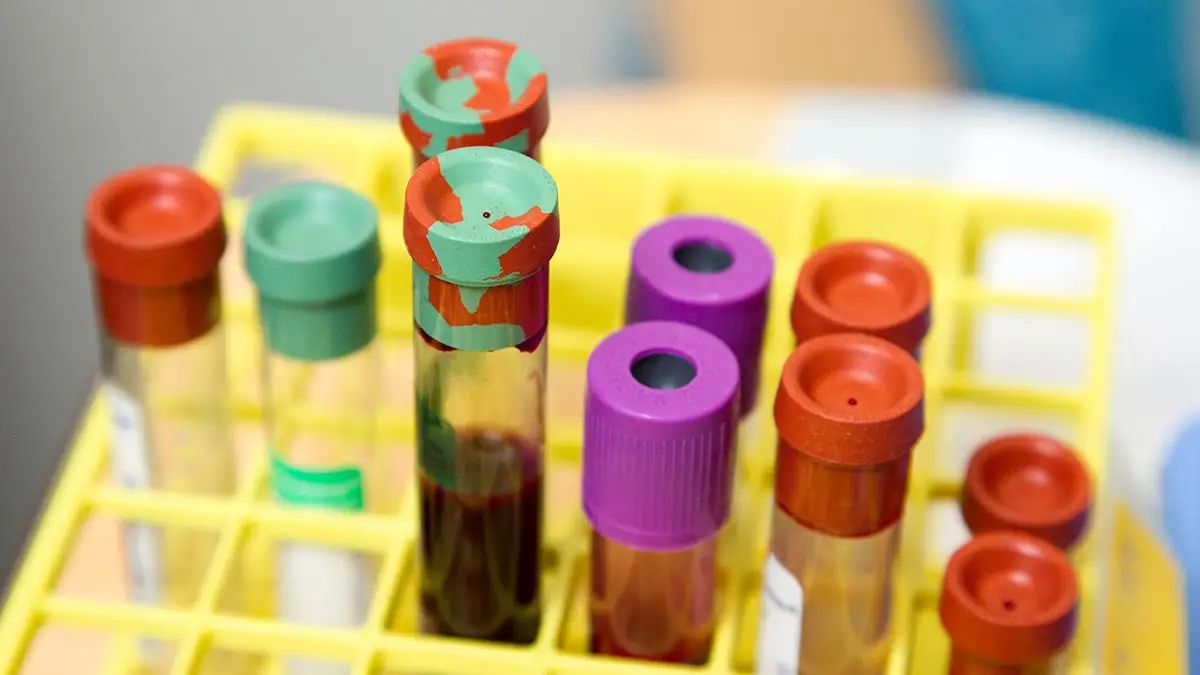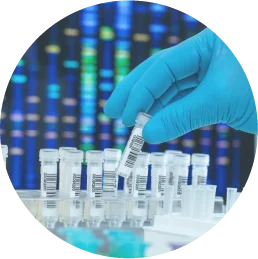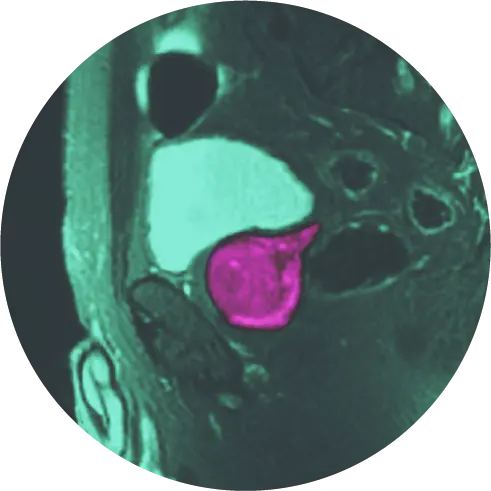African American men are 60% more likely to develop prostate cancer than Caucasian men. Now, a new study may help assess their risk.
Researchers say two proteins found in the blood of African American men can predict the likelihood of dying of prostate cancer.
A study measured 82 different biomarkers in patients blood at the time of their diagnosis as indicators of lethal forms of the disease.
Results pinpointed elevated levels of pleiotrophin (PTN) and tumor necrosis factor receptor superfamily member 9 (TNFRSF9)[I]. The two proteins predicted cancer-specific mortality with 78.2% accuracy.
819 men with prostate cancer participated in the study. 394 were African American and the other 425 were European American.
The high protein levels were the top predictors of prostate cancer-specific death among the African American patients, but not the other participants.
Clinicians who made the discovery presented their findings at the American Association of Cancer Research (AACR) Conference on the Science of Cancer Health Disparities in Racial/Ethnic Minorities and the Medically Underserved.
They say the results of the study could be used for risk stratification when planning prostate cancer treatment for African American patients.
Men of African and Caribbean descent both get and die from prostate cancer at the highest rate of any ethnic group.[II] They are also more likely to be diagnosed with more aggressive forms of the disease.
National Comprehensive Cancer Network (NCCN) guidelines dictate that Black men should consider shared decision-making about PSA screening at age 40 and continue annual screenings every year after.
If you or a loved one are looking to schedule a prostate cancer screening or diagnostic test, give us a call at 760-469-8057. To schedule a complimentary case assessment, fill out the form below and a HALO Diagnostics team member will contact you.
[1] Folgosa Cooley L, Emeka AA, Meyers TJ, et al. Factors associated with time to conversion from active surveillance to treatment for prostate cancer in a multi-institutional cohort. J Urol. 2021; 206(5):1147-1156. doi:10.1097/JU.0000000000001937
[II] Shenoy D, Packianathan S, Chen AM, Vijayakumar S. Do African-American men need separate prostate cancer screening guidelines?. BMC Urol. 2016;16(1):19. Published 2016 May 10. doi:10.1186/s12894-016-0137-7
You should always consult with your doctor(s) when considering treatment options. HALO Dx provides MRI-guided prostate screenings, MRI-guided prostate biopsy, liquid “biopsy” tests, and genomic testing to facilitate informed decisions between doctors and patients. Learn more about HALO Dx’s advanced, minimally invasive prostate cancer and BPH treatments including Laser Focal Therapy and TULSA-PRO for whole gland and partial ablations. With the appropriate diagnostic results, our prostate disease experts help you answer any questions you may have about prostate cancer or BPH.




